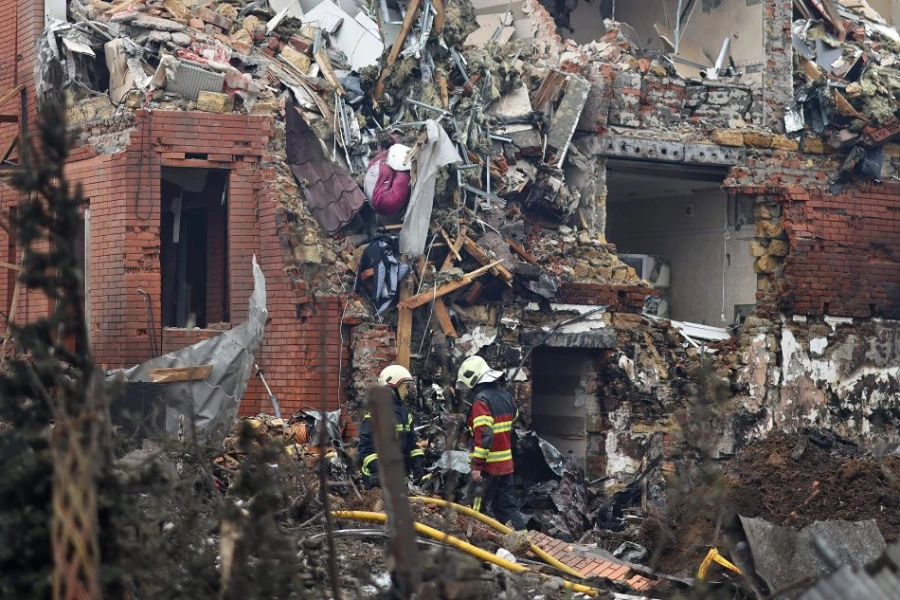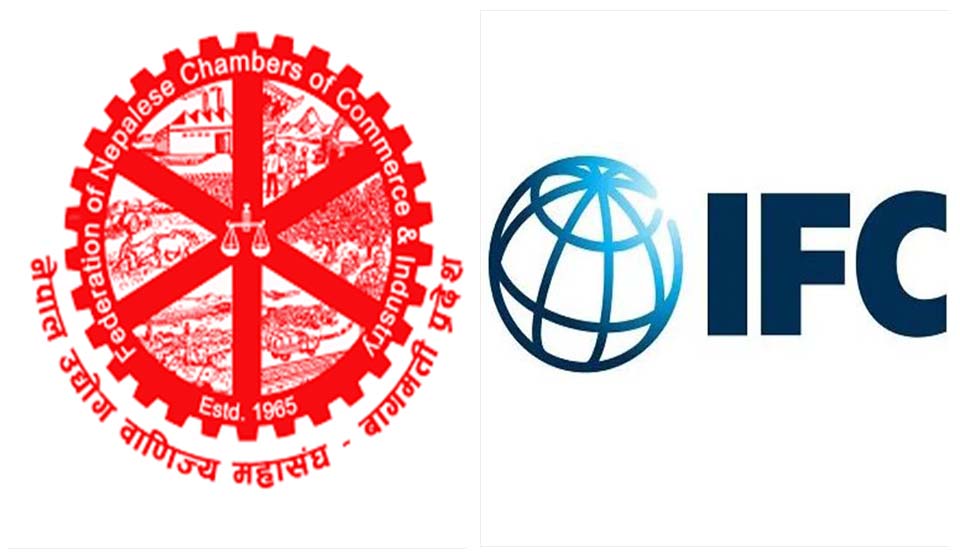KATHMANDU, Dec 5: The private sector has come down heavily on the government’s policies that have been blamed for fueling the current financial crisis in the country.
The private sector has expressed its dissatisfaction over the ongoing trade restrictions and the monetary policy unveiled by the Nepal Rastra Bank (NRB) in particular. In this regard, a number of traders' associations have stepped up measures to launch protests to exert pressures on the government.
The government has imposed a ban on a number of luxury items along with high-end cars and motorbikes. Similarly, the NRB has been blamed for failing to bring in policies to address the ongoing liquidity crisis in the country’s banking system, which has hiked the interest rates.
The Nepal Automobile Dealers’ Association (NADA) on Friday announced a series of protest programs including a sit-in at the Maitighar Mandala along with pasting pamphlets on vehicles in a symbolic protest.
Problems of private sector can be resolved through dialogue: En...

Dhruba Thapa, president of NADA, said they decided to go for a series of protests because their pleas made to a number of government bodies had fallen on deaf ears. Thapa said the government’s restriction on the import of vehicles has left the sector in the lurch.
“At a time when the government has allowed the resumption of the import of a number of goods due to a cushion in foreign currency reserves, it is unfair on part of the automobile traders,” Thapa said. “On top of this, NRB has tightened the noose by increasing the threshold on higher-purchase, raising weighted risks and slapping a cent percent cash margin on opening letter of credits for vehicle import.”
Likewise, Chitwan Association of Industries on Sunday warned the government that they will not pay the periodic taxes by the second quarter end, which falls in mid-January, if the government does not take necessary measures to address the current situation. Organizing a press meet, the traders blamed NRB for being a lame duck as it failed to enforce effective measures even in the recently revised monetary policy. According to them, the excessive interest rate has taken down the demand for consumer goods.
NRB in particular has been facing widespread criticism, at a time when the International Monetary Fund (IMF) is also calling for an important role to be played by the central bank to address the ongoing problems. In a meeting with the Confederation of Banks and Financial Institutions Nepal on Sunday, the IMF’s Resident Representative for Nepal Teresa Daban Sanchez also stressed implementing an effective monetary policy in the present situation.
The effect of the crumbled production sector is also seen with an increasing number of entrepreneurs falling into blacklisting by the banks recently. The records with the Credit Information Bureau show that a total of 1,073 bank loan defaulters were blacklisted in the past 16 days.
According to the Chitwan-based entrepreneurs, around 30 percent of the production industries in the district were on the verge of a shut down due to the fall in demand and high interest rates.
Meanwhile, the Federation of Nepalese Chambers of Commerce and Industry (FNCCI) is also reported to have fallen under extreme pressure from its member associations to launch stern protests. Although the number of district chambers started protests last month, the FNCCI had urged the traders to postpone their protest programs, citing the general elections on November 20.








































